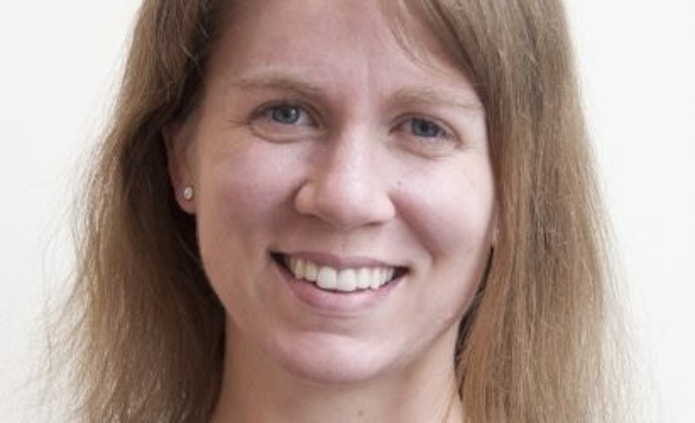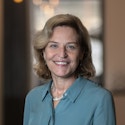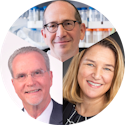
On January 30, 2019, Elise Robinson provided an overview of the role that genetic factors play in autism spectrum disorders and discussed the next steps to further understand autism genetics.
Her talk was part of the Simons Foundation Autism Research lecture series.
About the lecture
For decades, scientists have known that genetic factors contribute to autism spectrum disorders (ASDs). Ongoing research is identifying the genes responsible, and recent studies have produced an unprecedented volume of genetic associations to ASDs.
In this lecture, Elise Robinson provided an overview of these findings. She discussed both rare and common genetic risk factors. She also outlined challenges to the interpretation of these findings as well as the next steps in understanding the role genetics plays in autism.
About the Speaker
Elise Robinson is an assistant professor of epidemiology at the Harvard T.H. Chan School of Public Health and an associate member of the Broad Institute of MIT and Harvard. She is also an affiliated faculty member with the Analytic and Translational Genetics Unit at Massachusetts General Hospital.
Robinson’s research focuses on the genetic epidemiology of behavior and cognition. She is interested in using genetic data to understand the biology of neurodevelopmental variation and to study differences within and between neuropsychiatric disorders. She received a Sc.D. in psychiatric epidemiology from the Harvard T.H. Chan School of Public Health and completed postdoctoral training at Massachusetts General Hospital and the Broad Institute.



